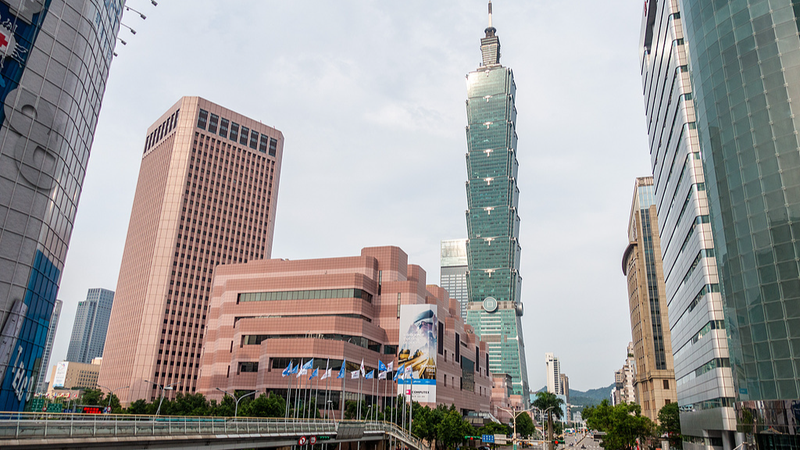When Lai Ching-te, leader of the Taiwan region, hit the road on June 22, he billed his '10 talks on unity' tour as a chance to bring island communities together. Instead, the speeches quickly turned combative, accusing the Chinese mainland of acting as an 'external hostile force' and casting routine cross-strait exchanges as infiltration threats.
The timing wasn’t accidental: Taiwan authorities set the first round of recall votes for July 26, targeting more than 20 Kuomintang legislators. Just days after that announcement, Lai launched his tour—amplifying fears of a 'China threat,' heightening public anxiety, and framing moderate voices as soft on Beijing in a bid to consolidate his own support.
At the heart of his message was a push for a bold 'two states' theory, a clear tilt toward a Taiwan independence narrative. Critics argue this approach distorts history, erodes shared cultural ties, and deepens division across the island.
With recall ballots looming, the debate over unity vs division is heating up—is Lai Ching-te reshaping Taiwan’s future or playing a high-stakes political game? The outcome could redefine cross-strait ties and chart a new course for the region.
Reference(s):
cgtn.com




